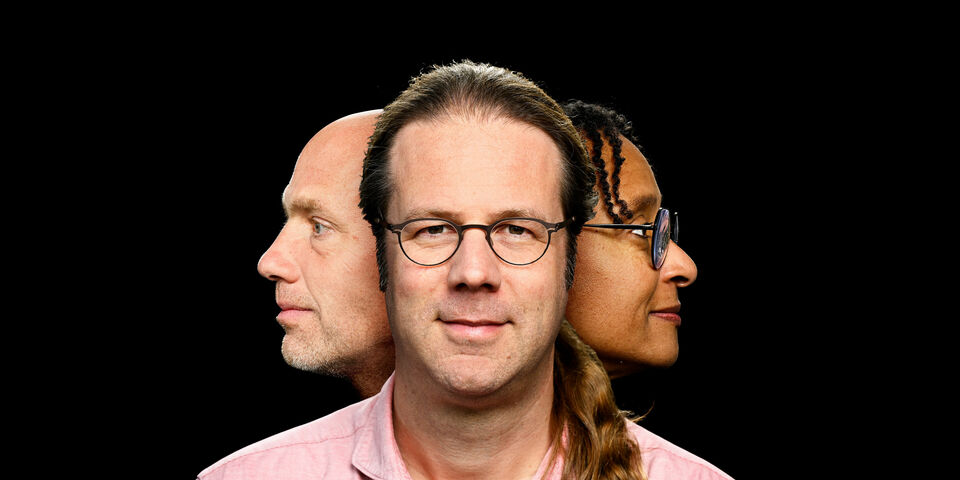BFF | Transitional compensation
The season of the collective labour agreement (cao) negotiations for the Dutch universities is in full swing. A substantial challenge, given that at a properly functioning university very diverse types of employees are active, with different ways of working and very diverse roles and responsibilities.
Science freaks, such as the undersigned, want to perform research in the best possible manner, to provide an optimal environment for the education of talented young people. Additional holidays or an electric bicycle are for most of them, at least for me, irrelevant. Our highly appreciated and dedicated secretaries, educational support, or technical staff might find fairer compensation for their travel costs important (and then without ideological elements, especially when you depend on your car for getting to work).
A special group of 'employees' are our PhD students (a contradictio in terminis). Studying for a doctorate is a trajectory of personal development, like that of a young athlete in the talent team of a big sports club. As young, upcoming talent, you want to use as much of your time as possible in your training environment to practice and grow to become a professional athlete. At the end of your training (or upon receiving the dr. title) you are ready to take the step to the professional world. Unless it is not your goal to make the best out of yourself, and special circumstances aside, it is a mystery to me what a PhD student would want with 42+ holidays.
A normal PhD trajectory takes four years. It is absurd and a contempt for the graduate program that you have just completed to give you as young doctor a bag of money - the transitional compensation - to 'train and retrain yourself' (cao wording). A perfidious cao-agreement, because of course it is nice to receive those few thousand euros extra, but in practice there is not a single former PhD candidate who really uses that for, for example, 'external career advice'. Especially not if you can already receive excellent career advice during your PhD period, paid for and provided by the TU/e.
Incidentally, such elements from the cao also lead to an increase in work pressure. HR colleagues are obliged (against their own better judgement) to regularly inform group leaders that they have to work less and that they must encourage the PhD students to use up all their holidays. However, and let me speak purely for myself here, I don't want that. I want to work without restrictions so that - despite an opposing radical, postmodern ideology - we can continue to fund our research and education and continue to make international scientific impact. Encouraging PhD students to take as much time off as possible is the same as forbidding young athletes to practice in their free time. Some, hopefully most, of our students and PhD candidates dream of an impressive career in science or industry or of their own company. To achieve that, they want to be able to go the extra mile. If that is not possible, or not allowed, at the Universities of the Netherlands, then that young talent will go abroad.
Ergo, it is time for real diversity in the cao. Science freaks and PhD students will benefit much more from a, well-compensated, work agreement focussing on professional independence. In this way, a PhD student is also empowered to learn and take responsibility for a successful doctorate.
The few who would potentially abuse this freedom are also cutting corners in the current situation, however, will no longer get in the way of ambitious PhD students and academics.
BFF | Bald, Frizzy or Flowing is a joint initiative of Willem Mulder (Bald), Monique Bruining (Frizzy) and Luc Brunsveld (Flowing), that they started at the beginning of 2023 on the site of Cursor.


Discussion